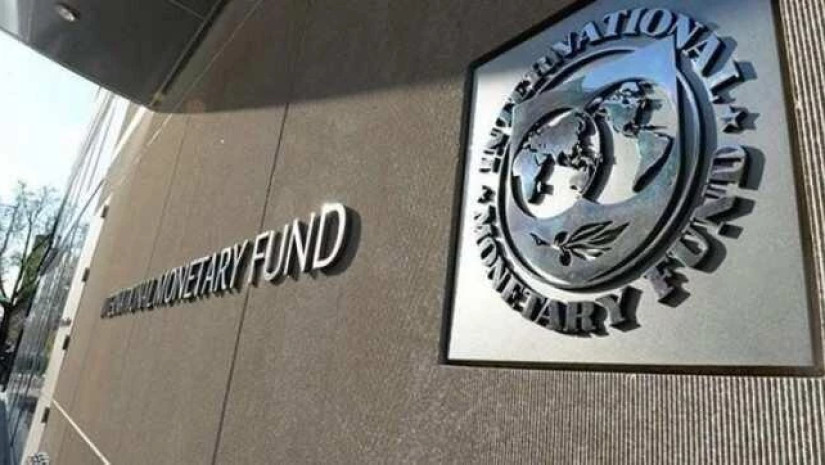At the conclusion of the mission, Ms. Vera Martin issued the following statement:
“Following productive discussions, the Georgian authorities and the IMF reached a staff-level agreement on the third review for Georgia’s reform program supported by the IMF’s Extended Fund Facility. The agreement is subject to approval by the IMF’s Executive Board, which is expected to consider it in December. Completion of the review will make SDR30 million (about $41.6 million) available to Georgia, bringing total disbursements under the EFF to SDR 120 million (about $166.4 million).
“The reform program is advancing well, with most program targets for the third review met.
“Growth in 2018 was robust through July, due to strong economic activity in main trading partners and domestic demand, but it has softened recently. Accordingly, we revised our 2018 growth forecast downward to 5.0 percent (from 5.5 percent) and to 4.6 percent for 2019. Despite strong growth in exports, tourism, and remittances, the current account deficit is expected to deteriorate slightly in 2018-19 mainly due to higher oil prices. Meanwhile, credit growth has been supporting economic activity.
“Significant fiscal overperformance was recorded in the first half of 2018 due to higher-than-expected revenues, driven by robust economic activity, and delays in large infrastructure projects. For the full year, the fiscal deficit is projected at 2.3 percent of GDP. We welcome the authorities’ commitment to maintain fiscal prudence as they implement their reform program, including improving Georgia’s infrastructure.
“Monetary policy appropriately focuses on price stability, and the stance of monetary policy is adequate. Annual inflation in 2018-19 is expected to remain broadly in line with the National Bank of Georgia’s inflation target of 3 percent. A flexible exchange rate remains pivotal to protect Georgia against external shocks.
“Downside risks to the outlook have increased. These are mainly related to regional developments, volatility in emerging markets, retreat from cross-border integration, and weaker global growth. In addition, a greater-than-expected slowdown in credit growth, due to new financial regulations, could temporarily reduce economic growth. Overall, these risks call for continued exchange rate flexibility, prudent macroeconomic policies to rebuild buffers, and sound financial policies.
“We welcome the authorities continued commitment to strengthen their fiscal and public investment management frameworks, enhance revenue administration, limit fiscal risks, and strengthen the monitoring of state-owned enterprises (SOEs).
“Financial sector reforms should continue focusing on strengthening financial resilience. The objectives of the proposed regulation for healthy lending to individuals are appropriate to protect from a high debt burden and limit financial stability risks. While the overall long-term impact of the regulation is expected to be positive, it should be formulated and monitored carefully to prevent a greater-than-expected slowdown in credit growth. Strengthening emergency liquidity assistance and the resolution framework will enhance financial stability. Additionally, dollarization could be further reduced through targeted and market-based prudential measures that taken into account the risks associated with foreign-currency lending to unhedged borrowers, and through enhanced financial literacy and consumer protection.
“Steadfast implementation of the authorities’ reform agenda will be essential to generate higher and more inclusive economic growth. Priorities include reforming the education system, improving the business environment, strengthening Georgia’s connectivity and deepening trade relations.
“The IMF team would like to thank the authorities for open and constructive discussions and for their hospitality.”












